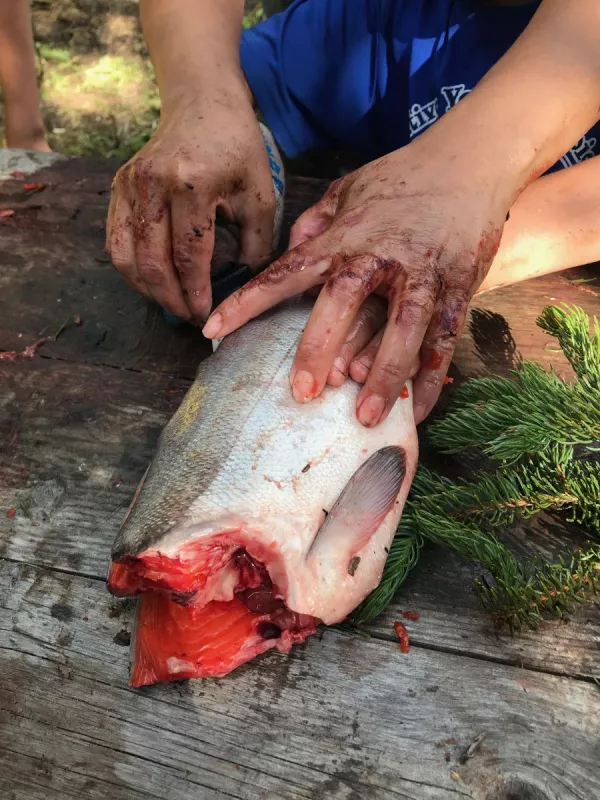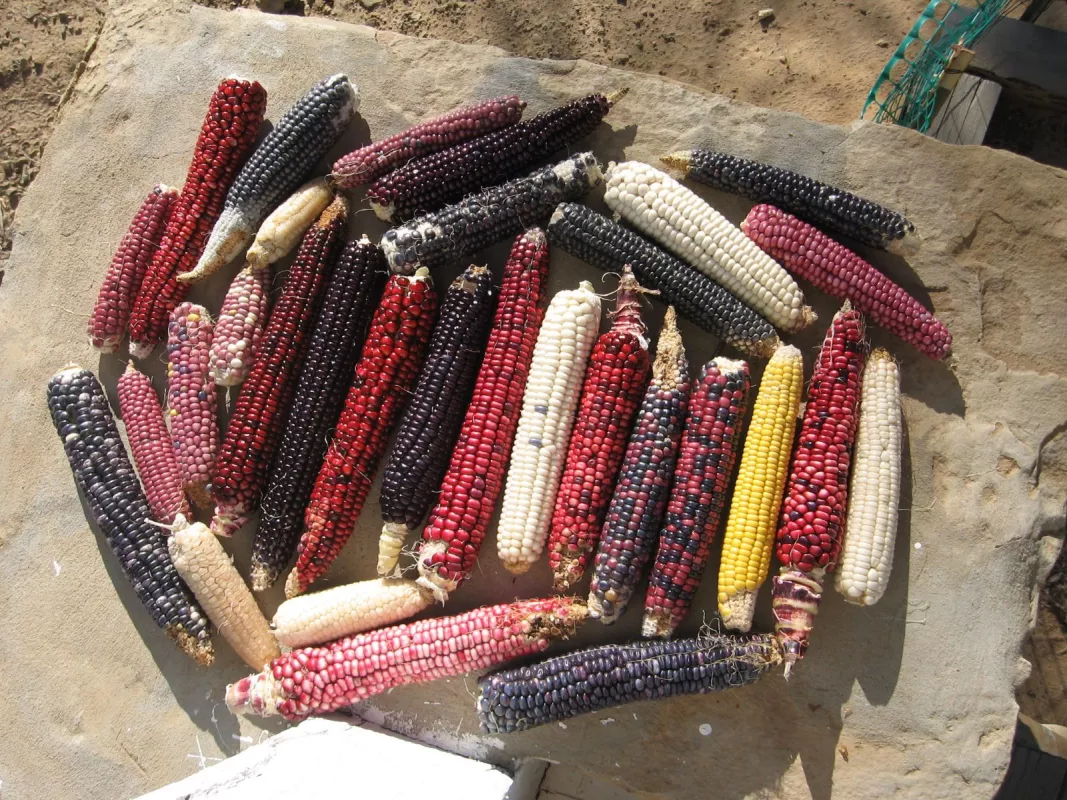How is coronavirus disease 2019 (COVID-19) affecting Indigenous Peoples’ access to food? National Snow and Ice Data Center (NSIDC) research scientist Noor Johnson, along with colleagues from the University of Arizona and the Indigenous Food Knowledges Network (IFKN), aims to find out. Johnson is a co-principal investigator on a new National Science Foundation (NSF) funded project, entitled “Impact of COVID-19 on Food Access in Indigenous Communities in the Arctic and US Southwest: A Comparative Landscape Analysis,” that focuses on how COVID-19 has affected food security and sovereignty in these two regions.
“Access to culturally relevant, healthy food is critical to the health of Indigenous peoples around the world,” said Johnson. “Whether cultivating crops like Hopi corn or harvesting marine mammals in the Arctic, traditional foods provide physical, emotional, and spiritual sustenance and a direct connection to traditional homelands. This study will offer insights about how COVID-19 has affected Indigenous peoples’ access to food in the Arctic and Southwest, two regions already dealing with the impacts of climate change on food systems.”
This one-year project is funded by an NSF Rapid Response Research (RAPID) COVID-19 grant, which provides funding to urgent, time-sensitive research projects focused on understanding and developing measures to respond to the virus. The project will be overseen by an Indigenous research advisory committee with members from the Arctic and Southwest who will provide input and direction in shaping the project methods, interpreting project data, and sharing results.
“Indigenous leadership is at the core of the project’s methodology and will be critical to its success,” said Johnson. “The involvement of our Indigenous advisors and our broader IFKN network will help us ask the right questions of the right people, understand and interpret what we learn from interviews, and share what we learn from the study so that it can inform future action. I feel extremely fortunate to be able to work under their leadership and guidance.”
Johnson and her colleagues hope that lessons from this research will help Indigenous communities with planning and preparedness for unanticipated social and environmental disruptions in the future.

